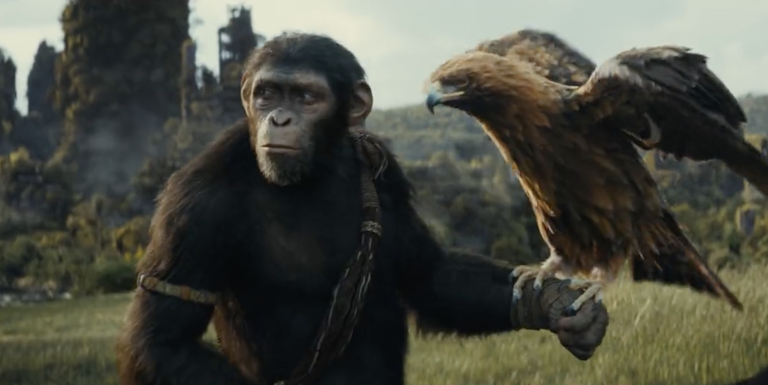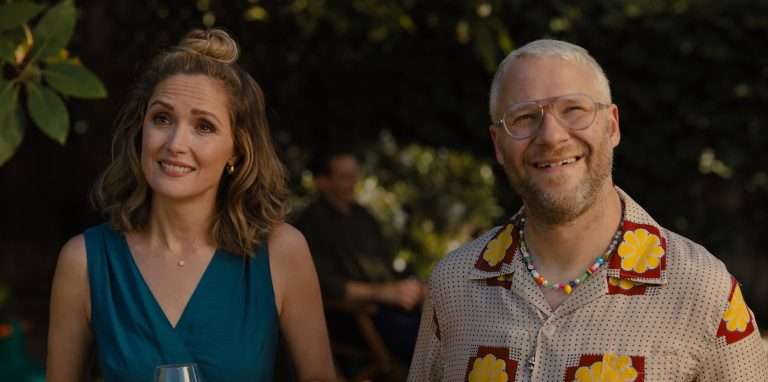When dealing with a story that asks your camera to coldly capture the magisterial beauty of its backdrop, it’s difficult to capture themes of hardened masculinity on the verge of collapse. However, the decision made by the central character of Hlynur Pálmason’s latest feature – a 19th-century Danish priest – to walk for miles rather than sail to his destination elevates “Godland” to something much more than a story about crippling masculinity.
Moreover, the filmmaker chooses to capture his astute demeanor through the rounded-corner Academy ratio by placing him in an infinitely despotic environment. It’s an astute way to forebode how he would live long enough to see the uncertain brutality of nature outgrow his own rigidity.
The movie is supposedly inspired by seven wet-plate photographs that a Danish priest took. The images, which are considered the first visual record of Iceland’s southeastern coast, are brought to life on screen by Pálmason and his cinematographer, Maria von Hausswolff. The missionary at the story’s center, Lucas (Elliott Crosset Hove), is powered by religious fervor and asked by his senior church bigwig to build a church for the isolated community beyond the terrains.
Despite being evidently warned of the nightless days of summer and the shivering nights of winter, Lucas plans to travel from Denmark to the furthest reaches of Iceland on a horse. Thus, the push for the missionary’s journey seems pretty straightforward, sprouting out of a place of spiritual hubris. The young man carries an overload of books along with him, granting some things added value while choosing to leave the rest out of focus through his giant unwieldy camera box. He basically plays God on land he thinks he knows. However, the narrative stronghold of the script gradually sheaths over Lucas’ proactive semblance when he realizes that his faith was always pitted against a force far stronger than his.
Once he starts finding difficulty in trying to keep up with his sense of duty, Lucas spends some time recuperating in the old house of a local farmer, Carl (Jacob Hauberg Lohmann). His older daughter, Anna (Vic Carmen Sonne), looks upon the visitor favorably. The man appears to have forgotten how to pray when the family sits for a prayer. It’s Lucas who’s now become a fish out of the water, having forgotten his senior bishop’s advice that he unabashedly came all the way to implement.
There’s a palpable chemistry that the film establishes between him and Anna. But is it enough for the naive missionary to adapt to the customs of the locals? His longing for the young marriageable girl is reinforced when she reminisces about her own time in Denmark and how she only has vague memories of the place but wishes to return someday. But you know it’s too late for Lucas to look within or develop some sort of reverence for the community of locals around him.
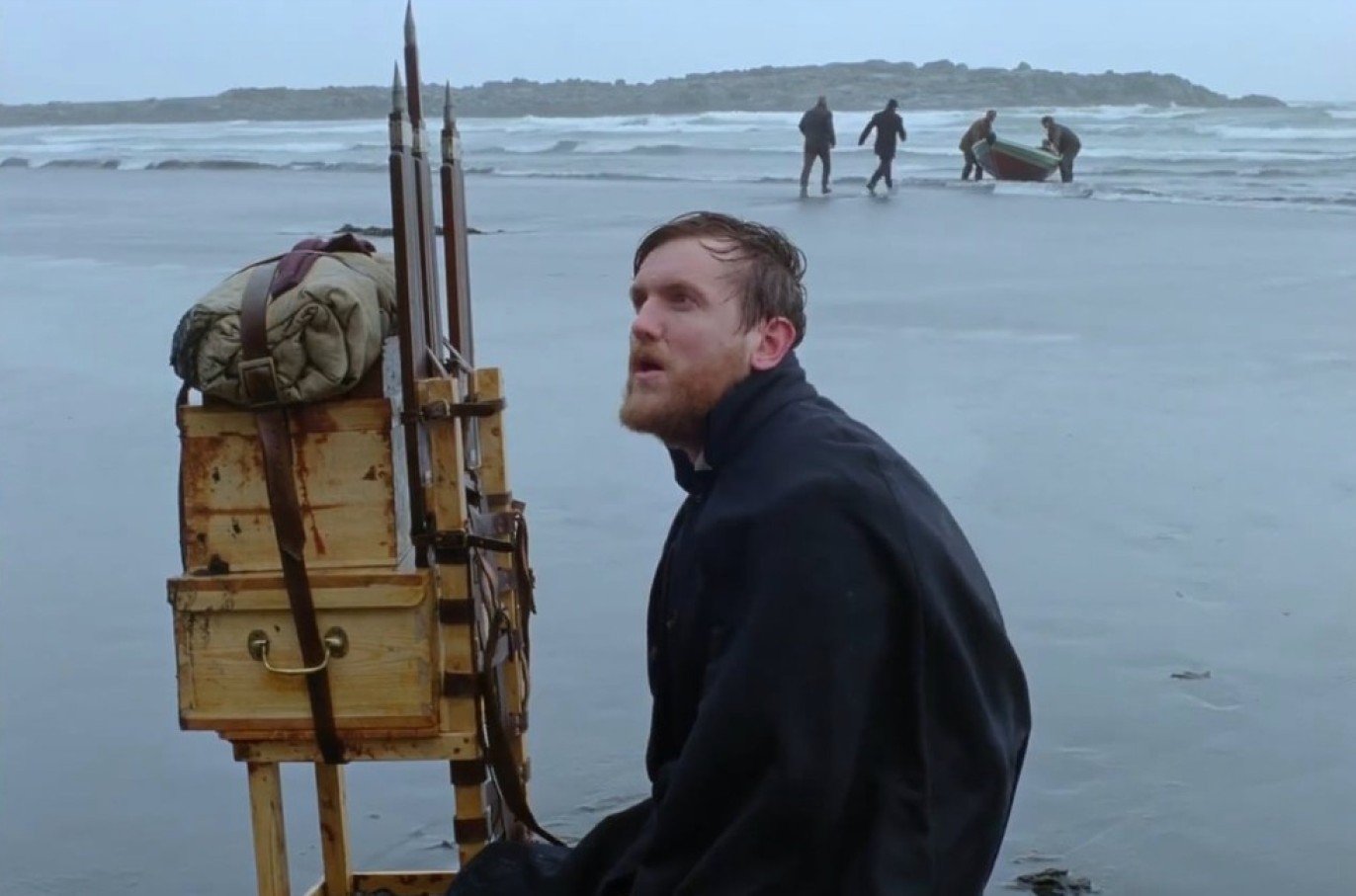
It becomes quite inevitable to look at Pálmason’s script and draw parallels with Martin Scorsese’s extraordinarily personal 2016 film, “Silence.” After all, both tell stories set centuries back where similar motivations drive the central characters. But whereas Scorsese’s deeply contemplative film looked inward in its approach to intrinsically looking at faith to deconstruct the human condition, “Godland” reflects the entirety of humanity and its scruple against nature through one man’s colonial instincts.
In that regard, Pálmason’s film shares much of the tonal and atmospheric similarities with Andrei Tarkovsky’s “Andrei Rublev.” However, the Icelandic drama views the man at its center in a way that feels more outward, which works both for as well as against the film. Through the use of its hypnotic rhythms, the first half of “Godland” lures you into its unforgiving terrain. Once Lucas reaches his destination – after having fallen off his horse and pushed to borderline psychosis – the filmmaking becomes a bit indulgent. For a film of this sort to work on all levels, it has to benefit from having an emotionally resonant small scope within its much grander scope. Tarkovsky’s film had both, which is why it successfully showed the scruple of art and fate coming together.
The Icelandic-born filmmaker spent many years of his life studying and living in Denmark. Thus, his repertoire remains in the duality that his own personal life entails. Lucas believes the antagonist to be his stern head guide, Ragnar (Ingvar Eggert Sigurðsson). Pálmason’s choice of filming key events with a God’s-eye view distance, however, says otherwise.
In its latter portions, we get to cycle through the seasons in a series of brief stunning still-frame montages, focusing on a stretch of the craggy mountains or a dead horse’s remains. The film’s title appears in both Icelandic and Danish languages, both at the beginning and the very end. Whose Godland is it? Is it a holy land that calls for a Church to be made, or one that’s subject to man’s selfish nature?
In its exploration of faith and colonial disquietude, “Godland” recreates a time period from Icelandic history that paints a sweeping and comprehensive narrative bound to challenge its viewers. At one point, Carl picks upon the desires of his elder daughter and advises her saying, “We don’t need men like him.” Pálmason’s point of contention remains in showing us how such men still exist to amplify our national borders and how, in the end, it’s all futile when humanity’s soft spirituality is dwarfed beneath nature’s brutal hierarchy.

![Grudge [2021] Netflix Review: An Awful Remake That Suffers from Bad Performances](https://79468c92.delivery.rocketcdn.me/wp-content/uploads/2021/10/Grudge-Kin-2021-Netflix-3-768x432.jpg)
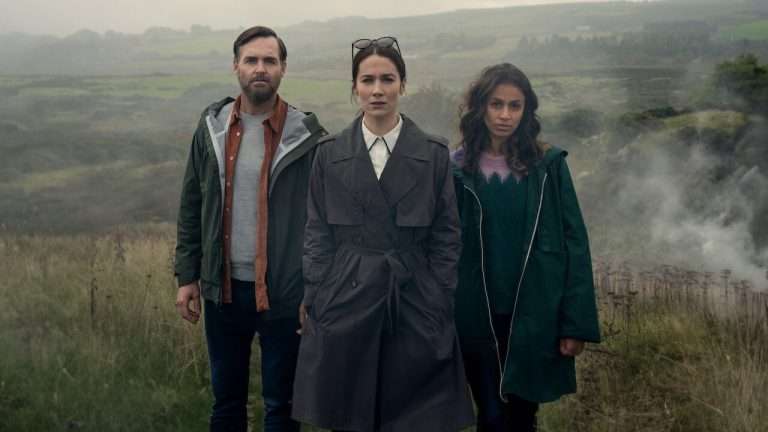
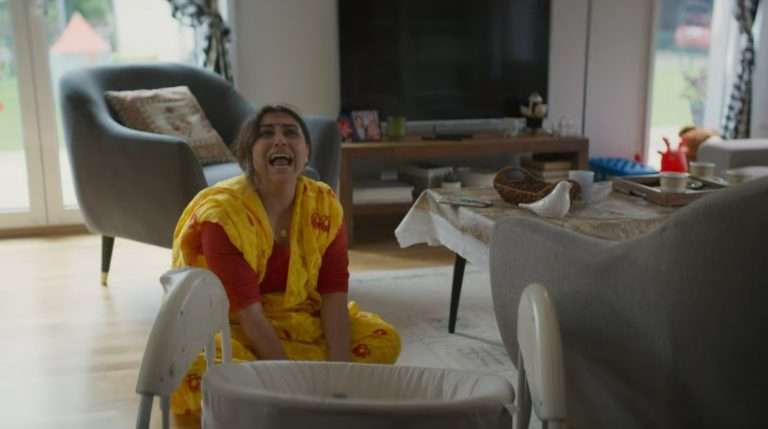
![Violence Voyager [2018]: Fantasia Film Festival Review](https://79468c92.delivery.rocketcdn.me/wp-content/uploads/2018/07/Violence-Voyager-2018-768x432.jpg)
